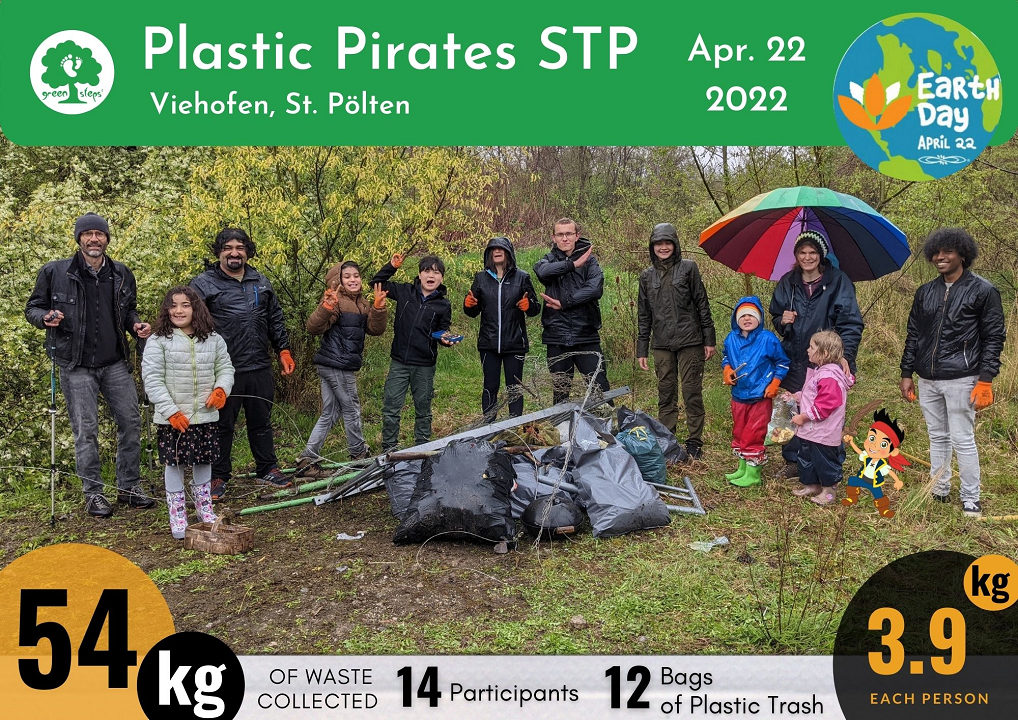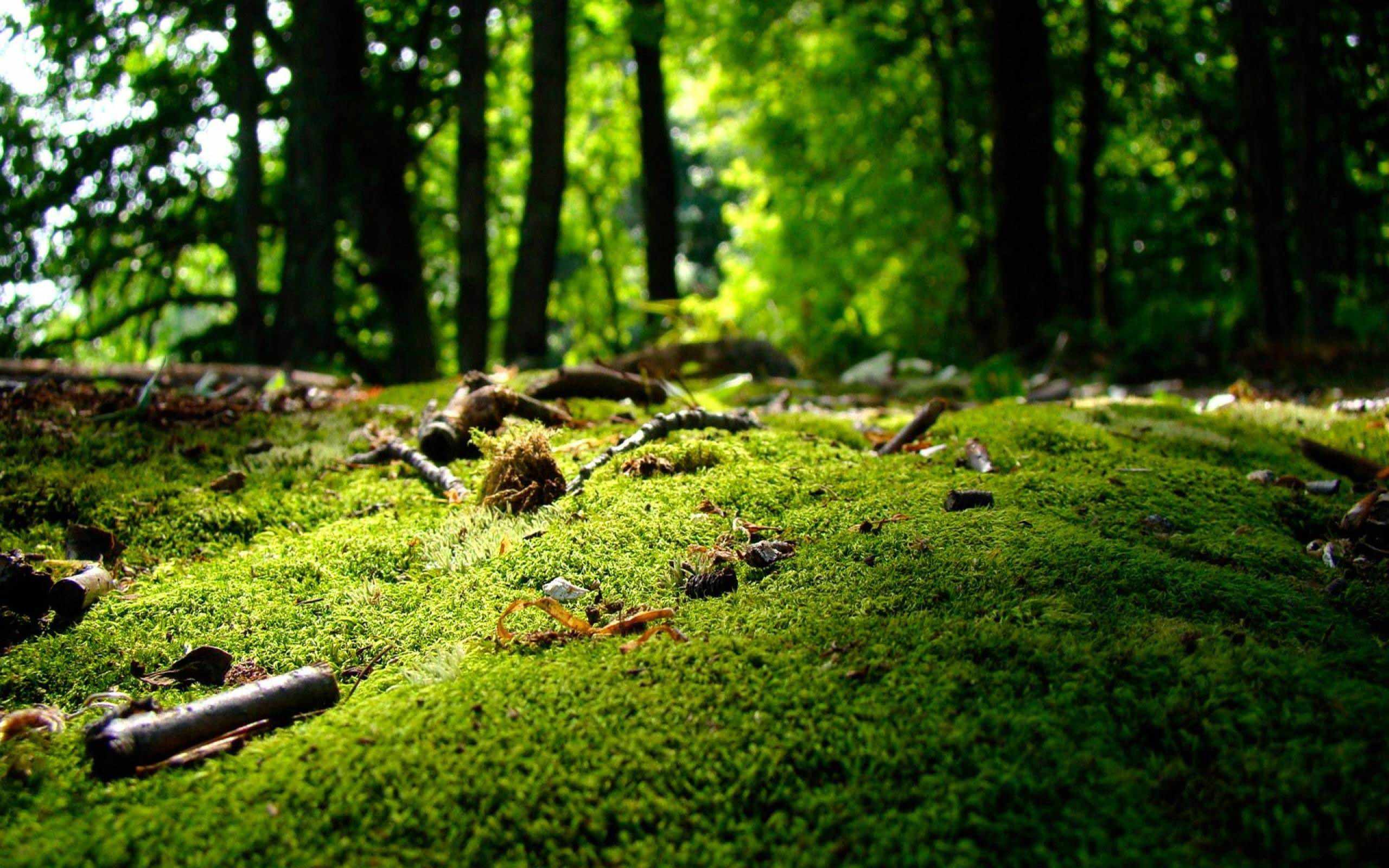Author:
Knut Wimberger
Short summary:
Earth Day 2022. We are again on the prowl to restore the planet – the last Plastic Pirates activity of the season took a courageous crew into the wild where we loot 54 kg of waste from a plot which is supposedly owned by a transnational real estate tycoon, while fighting off the rain. Rain is what snails love, so they turn into a major attraction as well as a young grass snake which we discover in a large plastic tarp.


It is actually too late for pirates to be out on sea. We usually return to our home harbors for a long summer break around Spring Equinox, i.e. about a month ago. When shoots and sprouts grow in the understory, the waking vegetation makes it more and more difficult to spot the treasures we are hunting for. Therefore, winter is by far the best season for pirates to attack and experienced pirates know that there is little to loot when one has to compete with plants.
Despite the rather unfortunate pirating season, we were able to find substantial bounty. Bed frames, an entire vacuum cleaner, a few dozens of beer cans; in total 54 kg of waste were retrieved from a rather small area between Austraße and Traisen in our home district Viehofen.
Our efforts were rewarded by nature with the discovery of a young, approx. 30cm long grass snake (Natrix natrix) which was so scared by our appearance (well, who does not fear the Plastic Pirates?) that she dug herself into the grass like an earthworm.
.png)
A more lasting attraction were literally hundreds of snails which our junior pirates found attached to almost every piece of trash and grass. The shells of the gastropods turned into a living piece of Nature Art which the kids arranged like a color palette.
.png)
Snails are a curious lifeform. They are part of a phylum called molluscs which mostly calls the oceans their home – only a adapted to live on land and their large number of sea dwelling relatives explain why snails do like it wet! There are 60-80 thousand different species of gastropods which include snails and slugs. What are gastropods? Animals without a skeleton which move on a large single foot which is directly under their stomach, hence the Greek root of the word.
.png)
Many snails are scavengers which consume plant debris and are therefore organisms which keep our nature tidy – they are part of the web of life which turns the planet into a balanced superorganism. In an ecological perspective, snails are after all not too different from Plastic Pirates …
No living thing other than humans produces waste; and our waste often ends up in nature - liquid, solid or gaseous. It is therefore important to gain concrete – manual – experience as early as possible about why waste should be reduced and why generated waste should be disposed of properly.
Plastic Pirates is a format that we have been implementing for several years. It has developed the following structure, which integrates several pedagogical concepts.
• In the crew meeting, the goal of filling a large rubbish bag alone or in a team creates a clear focus.
• During the up to 2h long haul, large pincers activate the hands of the participants and prolong the attention span - even of the very young pirates.
• Working in teams leads to a healthy competition that motivates to collect even the last cigarette butt.
• Weighing rewards us a first time and brings our activity into the space of physical reality.
• Sorting is sometimes disgusting, but shows us firsthand, what materials end up in nature.
• Storytelling helps to bring collected impressions into the long-term memory, as the human brain remembers stories very easily.
.png)
Our forays are fun and work smoothly. But we asked ourselves how to get more children and young people interested in piracy. And we have three ideas for that.
1. we have published Plastic Pirates in a best practice library for sustainable education (currently) in German, Turkish and English. From there you can download the format with instructions to your local team and conveniently publish it as an event.
2. Every time you successfully board a ship, you can log your booty on your pirate profile and show others what a swashbuckler you are. How does this work? Every time you attack with your crew, the total amount of rubbish is distributed fairly to everyone by your captain - according to the pirate code invented by famous 17th century captain Henry Morgan. This way, both the number of impact points and the kilograms of captured rubbish grow on your pirate profile.
3. And to keep the pirating business fun for longer, you can compete with other teams in capturing recyclable treasures on the world's oceans. It's super easy to sign up new teams and set sail immediately. On an international ranking list, you can see which pirates are currently beating up the seas.
.png)





